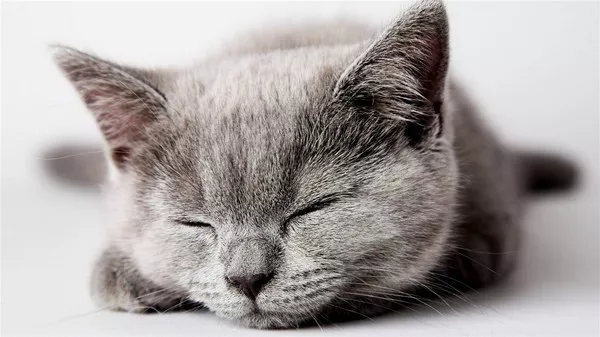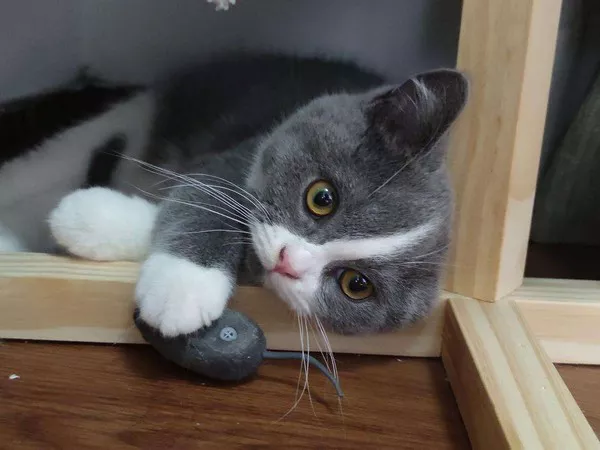The Cornish Rex, with its distinctive wavy coat and playful personality, has captivated cat enthusiasts for decades. But amongst this unique breed, one question often arises: Who holds the title of the oldest Cornish Rex?
While pinpointing the exact age of the oldest living Cornish Rex is difficult due to the lack of a centralized database, we can delve into the breed’s history and explore the stories of some exceptionally long-lived individuals.
The Genesis of the Cornish Rex:
The Cornish Rex breed originated in Cornwall, England, in the 1950s. A natural mutation in a litter of barn cats resulted in kittens with short, wavy coats, unlike their straight-haired siblings. This unique gene, later identified as recessive, became the foundation for the Cornish Rex breed.
One of these original kittens, named Kallibunker, is considered the founding father of the breed. He was born in 1950 and lived to be approximately 14 years old. While impressive, this age is not unheard of for cats, and other Cornish Rexes have likely surpassed this lifespan.
Challenges in Identifying the Oldest:
Several factors complicate the quest to identify the oldest Cornish Rex:
Recordkeeping: Comprehensive records of Cornish Rex lifespans are not readily available. While breeders and owners might have individual records, a centralized database tracking the breed’s longevity is lacking.
Verification: Verifying the age of a cat, especially one that has passed away, can be challenging. Documentation such as veterinary records or breeder certificates are crucial in confirming age claims.
See Also:Can Cornish Rex Cats Enjoy Scrambled Eggs?
Rarity: Although the Cornish Rex breed has gained popularity, it remains relatively rare compared to other cat breeds. This reduces the sample size and makes it harder to identify statistically significant data on lifespan.
Exceptional Cornish Rex Lifespans:
Despite these challenges, anecdotal evidence suggests that Cornish Rexes can live long and healthy lives. Numerous reports exist of individuals reaching 15-18 years old, with some even exceeding 20 years.
One notable example is “Granny,” a Cornish Rex from the United Kingdom, who reportedly lived to be 24 years old. While this claim is difficult to verify definitively, it highlights the potential for longevity within the breed.
Factors Contributing to Longevity:
While genetics play a significant role in lifespan, several other factors can contribute to a Cornish Rex’s longevity:
Diet and Nutrition: Providing a balanced and nutritious diet tailored to the cat’s age and health needs is crucial for ensuring optimal health and lifespan.
Veterinary Care: Regular veterinary checkups, vaccinations, and preventative care can help identify and address potential health issues early on, contributing to a longer life.
Environment: A safe and stimulating environment that minimizes stress and provides opportunities for exercise and play can positively impact a cat’s overall well-being and lifespan.
Genetics: Responsible breeding practices that prioritize health and longevity can contribute to a healthier gene pool within the Cornish Rex breed.
The Quest Continues:
While definitively identifying the oldest Cornish Rex remains a challenge, the breed’s history and anecdotal evidence suggest they can live long and fulfilling lives. By focusing on responsible breeding practices, proper care, and a healthy environment, we can continue to learn more about the lifespan potential of these unique and captivating felines.
The search for the oldest Cornish Rex serves as a reminder of the special bond we share with our feline companions and the importance of cherishing every moment with them, regardless of how long their lives may be.
Related Topics:
What Two Breeds Make a Cornish Rex?
When Will My Cornish Rex Calm Down?
When Will My Cornish Rex Get Fluffy?
























